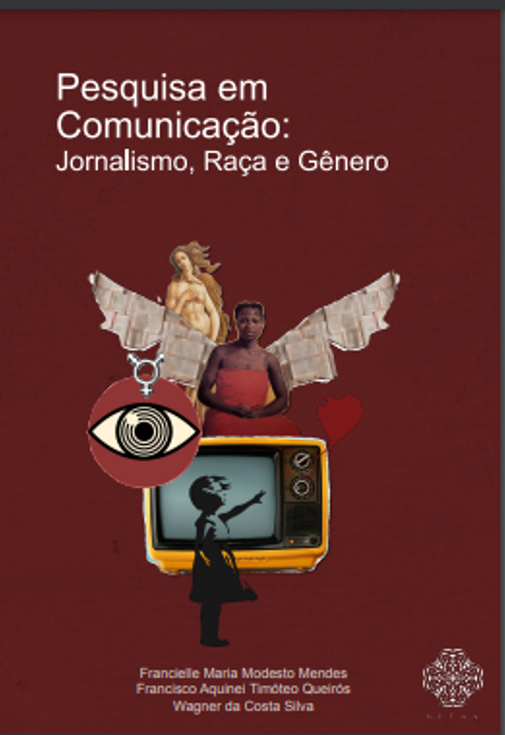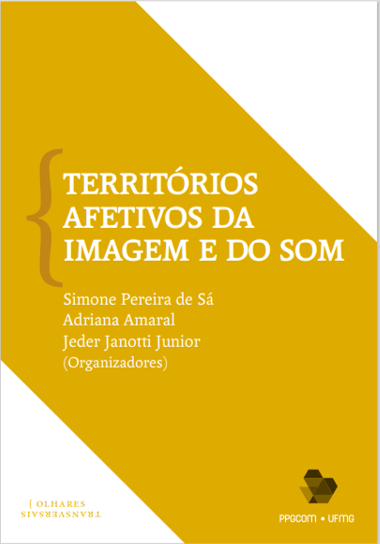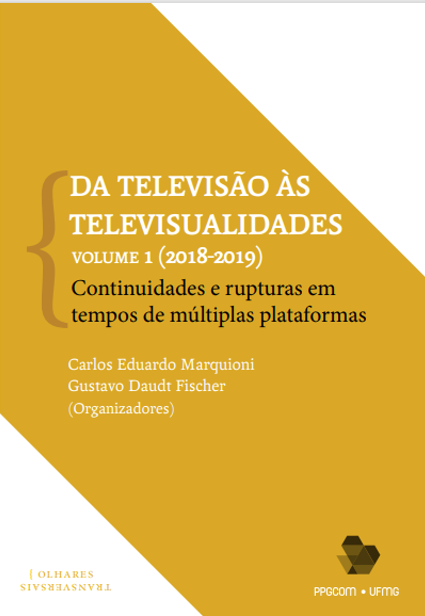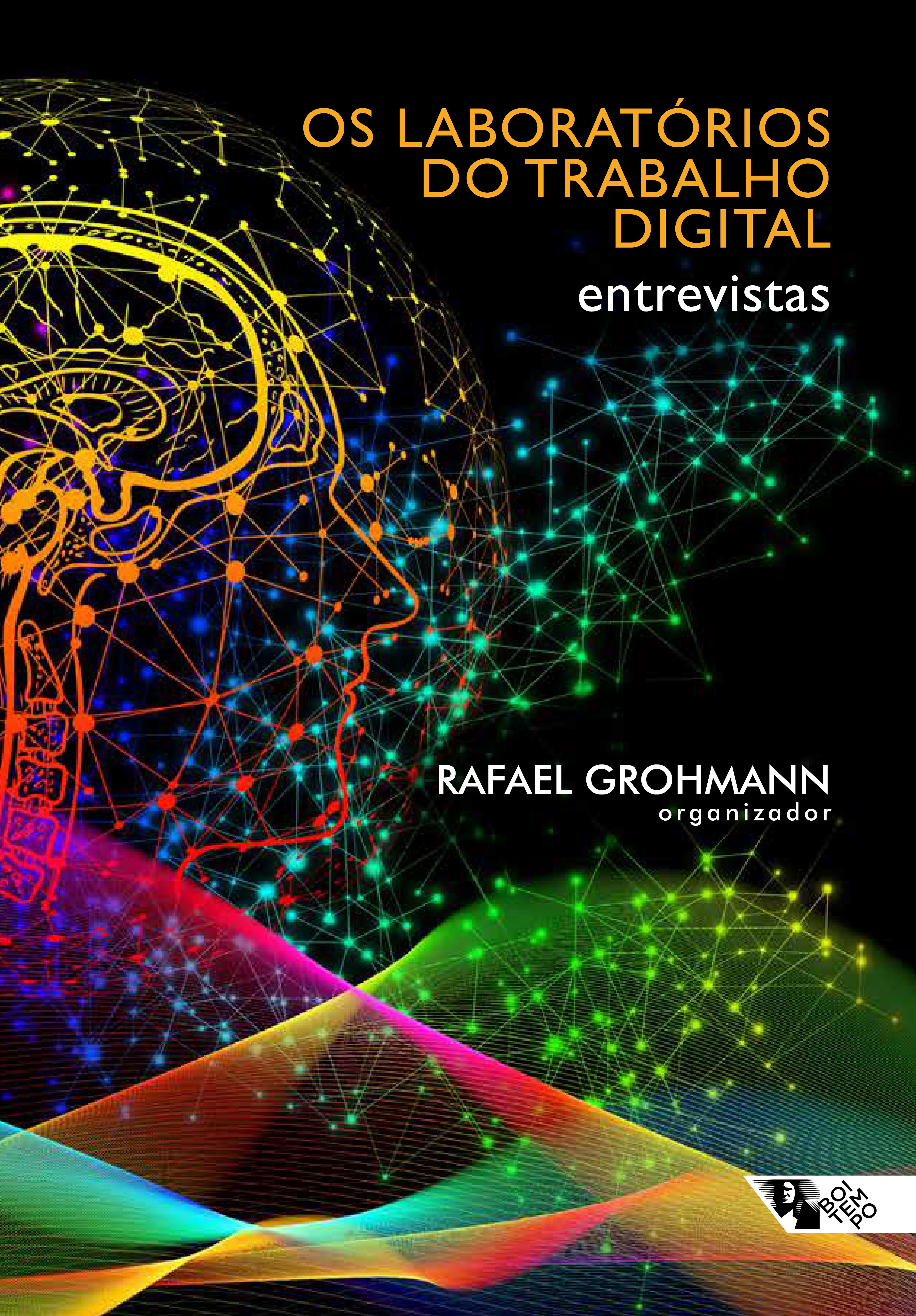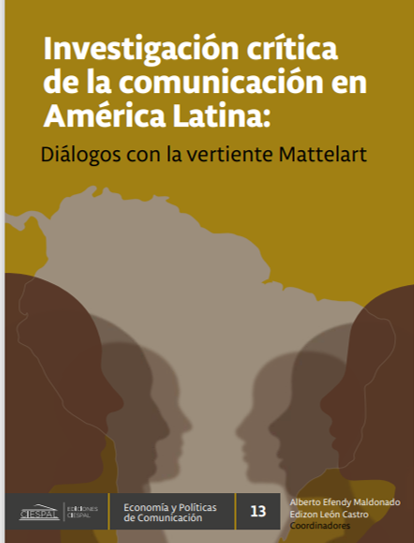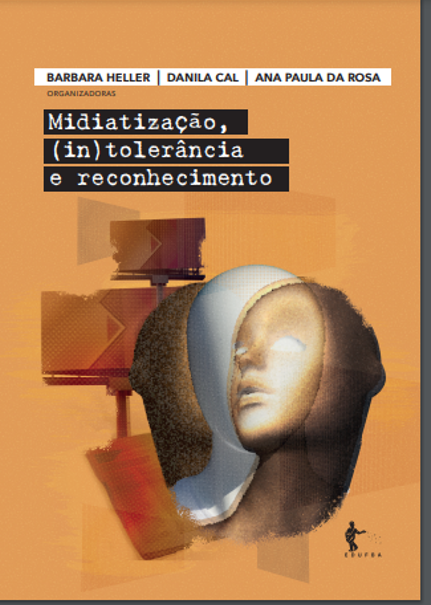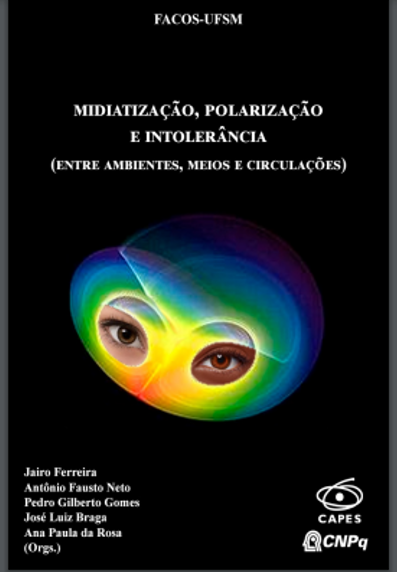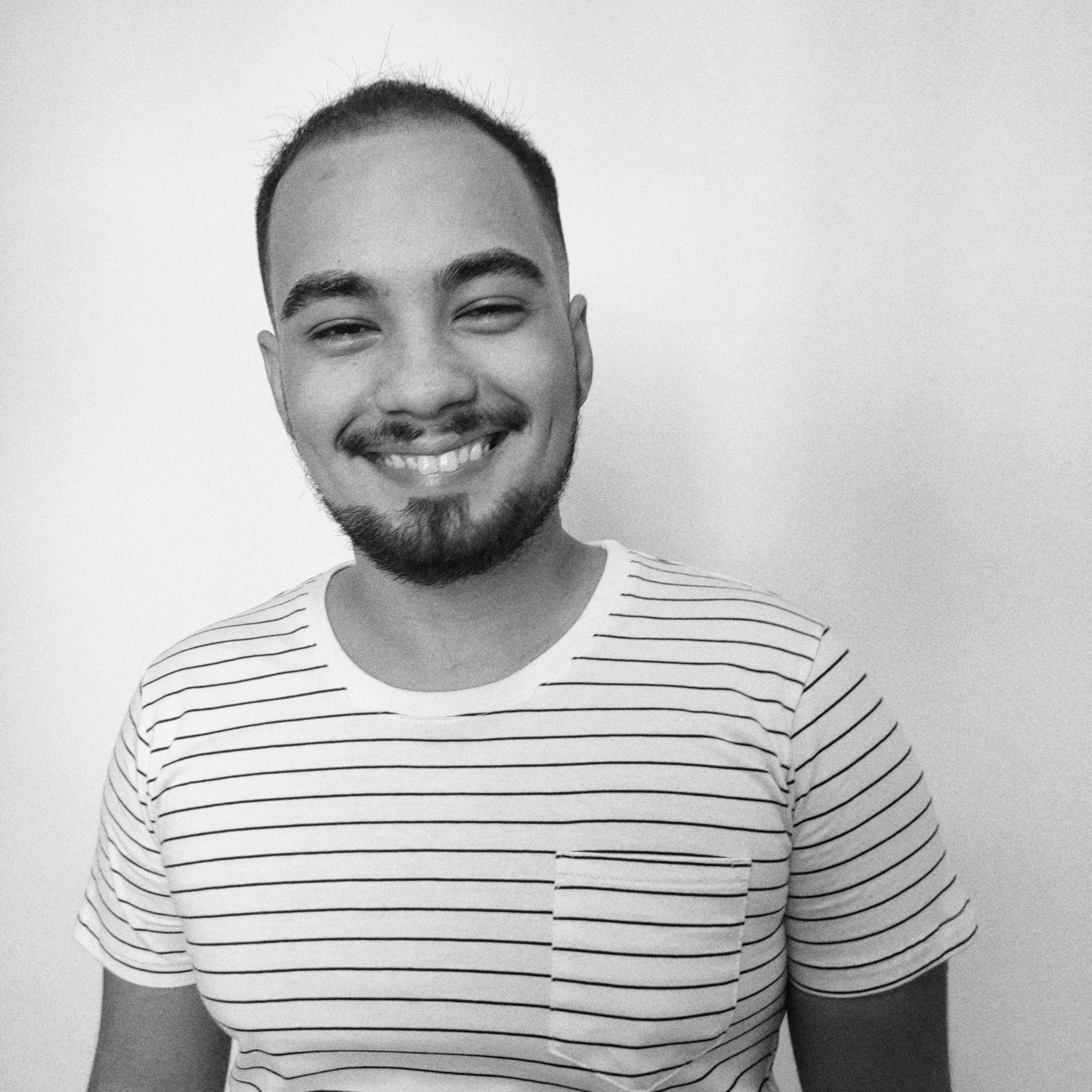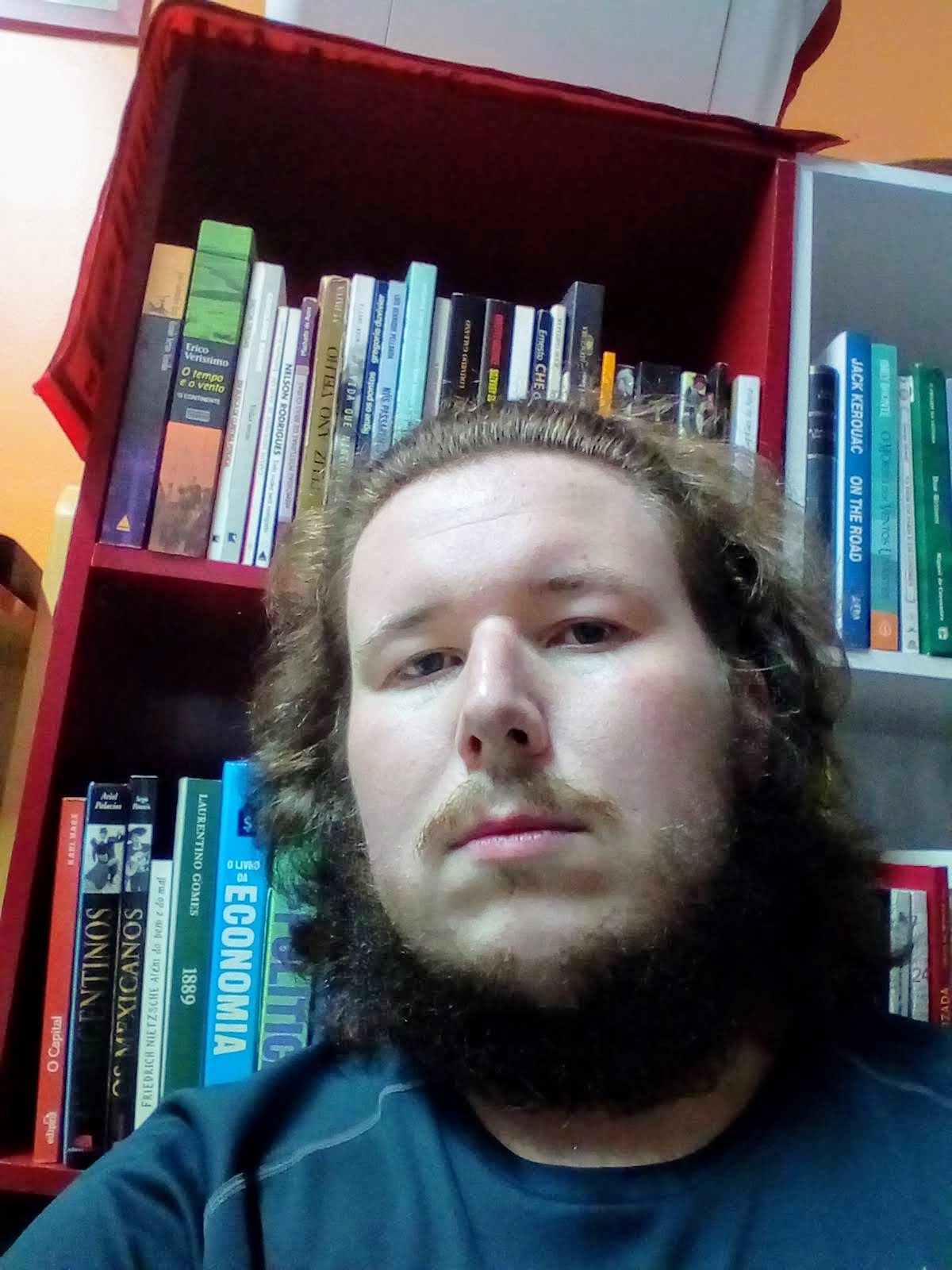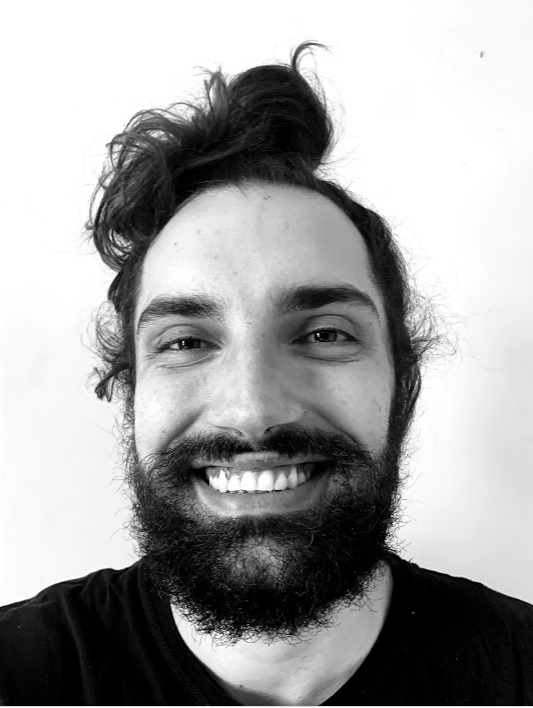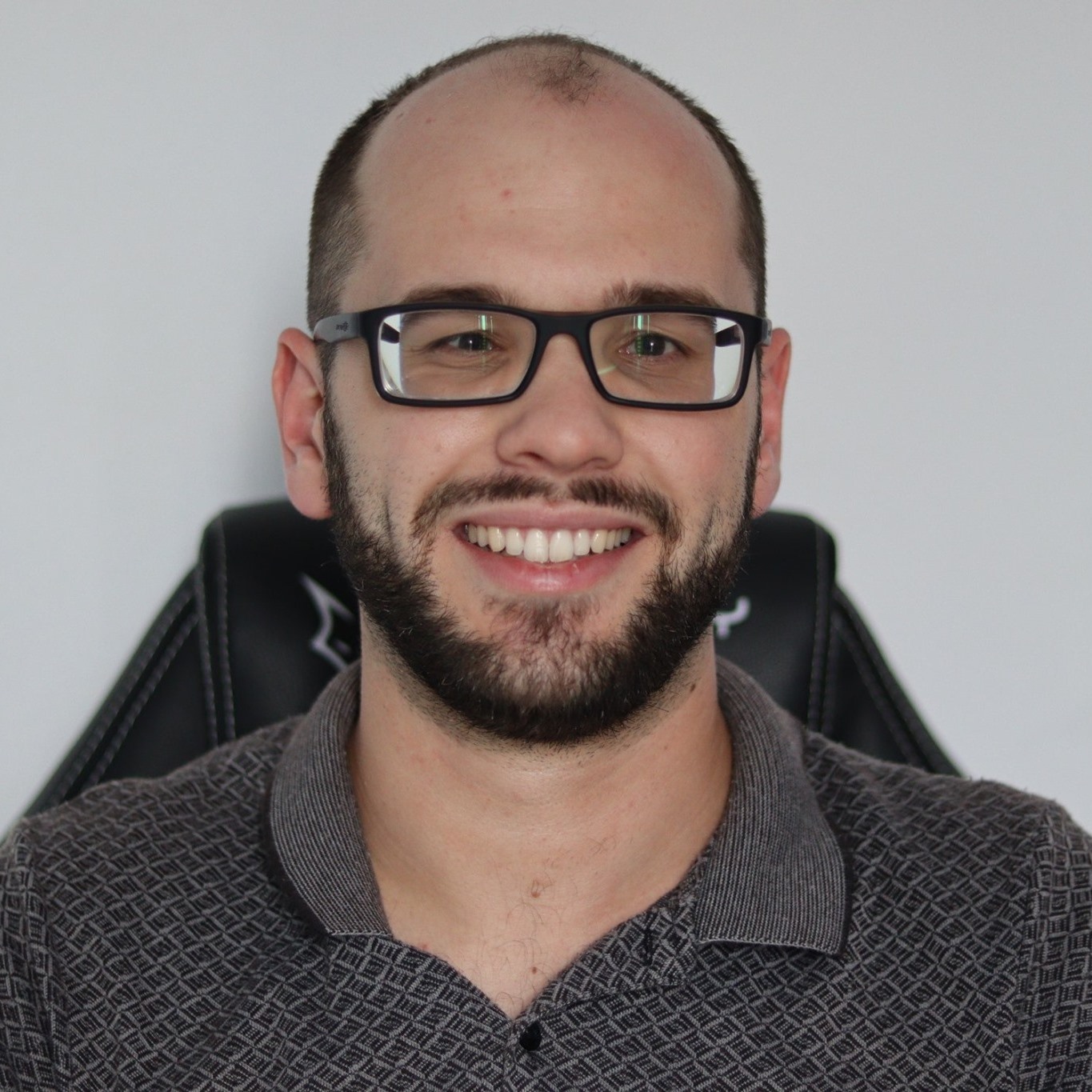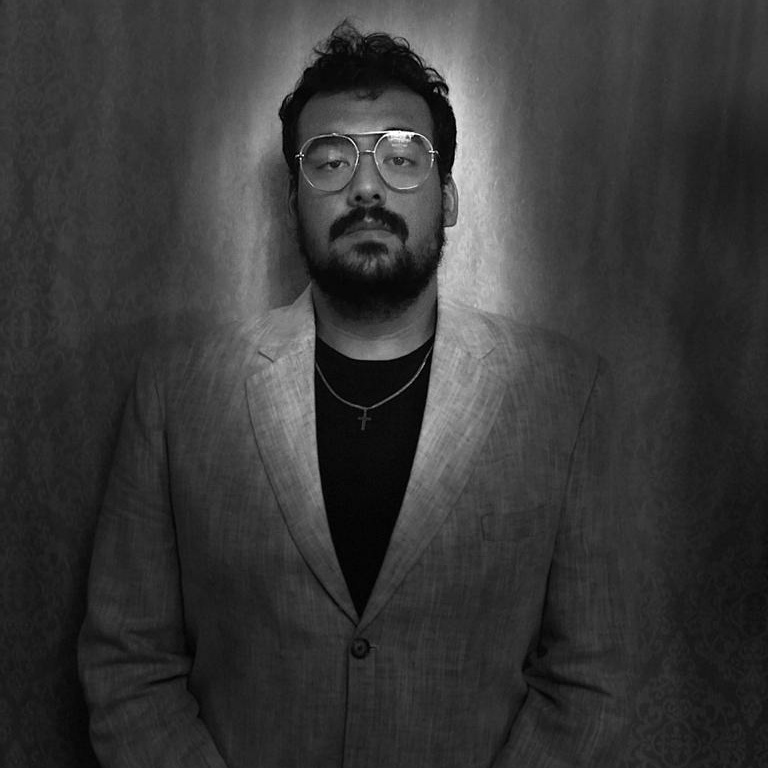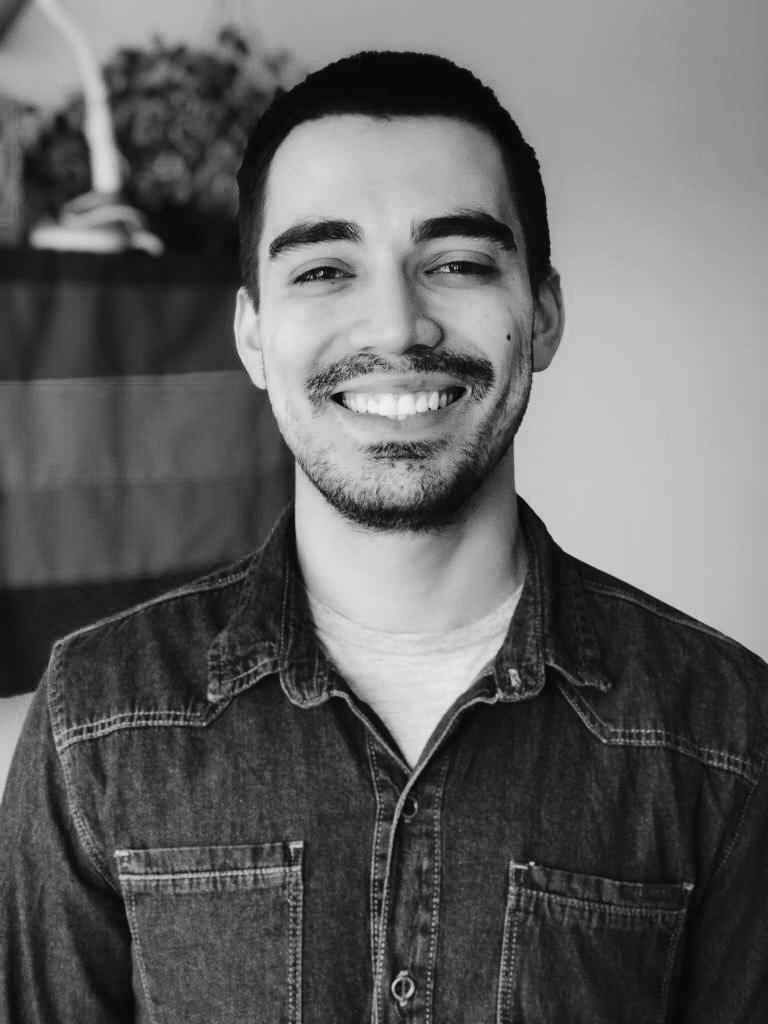Collective Health (MSc/PhD)
Overview
The Doctoral in Collective Health aims to train professionals with solid technical-scientific knowledge to: respond to the needs of different levels of health promotion, public policies and the management of health services; perform teaching and research, aiming to understand the health-disease process and its determinants; increase the constant production and dissemination of scientific knowledge in the area.
With an emphasis on a transdisciplinary nature, the knowledge developed in the Doctoral has a practical interface with the academy and health services, expanding knowledge based on the understanding of health as a product of social determinants. Our mission is to train excellent human resources to cope with health problems, through community diagnostics and interventions aimed at planning, implementing and evaluating actions, services, technologies and policies to promote health and quality of life.
The Doctoral in Collective Health promotes advanced scientific and technological research and is recommended by CAPES.
This program is also available:
Check it out:
Emphasis: Collective Health
Scientific field with a transdisciplinary nature, whose basic disciplines are epidemiology, social and human sciences in health and policy, planning and management of health systems and services. It studies the health-disease phenomenon as a social process and works on the definition and conduct of public policies, contributing to the reduction of inequalities and economic and social changes aimed at improving the health situation and living conditions of the population.
Lines of action
In this research line is developed studies using quantitative and qualitative methods in the assessment of programs, activities, practices, management tools, and health services. There is emphasis on the research themes related to health system organization, financing, and planning in health in all management levels, besides areas as health aging and the elderly health, Family Health Strategy, and reduction of inequalities in health.
This research line applies epidemiological principles and methods to the study of health status and the determining factors in population health-disease process. Thematic emphases developed by the Unisinos Graduate Program in Collective Health encompass women’s health, nutritional epidemiology, pharmacoepidemiology, social capital, and drug use.
In this research line we approach individual and collective health vulnerabilities from the social-cultural and bioethical standpoints. Particularly, inequalities and vulnerabilities are encompassed in themes related to gender, violence, ethnicity, mental health, education in health, prevention and health promotion.
PHD CURRICULUM
The Doctoral Degree Program consists of 36 credits, referring to the Required Courses (eight credits), Optional courses (12 credits) and dissertation-related courses (16 credits). The eight optional courses must be taken based on the participation in the optional courses offered by the Program; and four credits related to the optional courses may be accounted for based on the disciplines or activities carried out in other Graduate Programs of this University, in other accredited national institutions or foreign institutions acknowledged in the educational structure of the institution's country of origin, provided it is previously agreed upon by the Academic Staff of the Graduate Program in Collective Health. The teaching internship, required for CAPES scholarship fellows, is divided in two semesters, and it will be optional for other students. The qualifying examination, indispensable requirement to obtain the PhD. degree, must be taken until the 24th month after admission to the doctoral Degree Program.
Required Courses (8 credits)
- Dissertation Seminar 1 (2 credits) - Dissertation Seminar 2 (2 credits) - Dissertation Seminar 3 (2 credits) - Advanced Seminars in Social Sciences and Health* (2 credits) - Advanced Seminars on Epidemiology* (2 credits)
Optional Courses (12 credits)
- Biostatistics 2 (2 credits) - Bioethics (2 credits) - Pharmacoepidemiology (2 credits) - Collective Mental Health (2 credits) - Seminar on Didactics and higher education (2 credits) - Qualitative Research Seminar 1 (2 credits) - Qualitative Research Seminar 2 (2 credits) - Healthy Aging Promotion (2 credits) - Workshop on the Writing of Scientific Articles (2 credits) - Systematic Review and Meta-Analysis (2 credits) - Assessment of Technologies in Health (2 credits) - Higher Education Methodology (3 credits) - Teaching Internship 1* (2 credits) - Teaching Internship 2* (2 credits) *Required for CAPES scholarship fellows; optional for other students.
Optional Courses
- Biostatistics 2 (2 credits) - Bioethics (2 credits) - Healthy Aging Promotion (2 credits) - Workshop on the Writing of Scientific Articles (2 credits)
PROFESSORS
The student of the Collective Health Graduate Program has at your disposal a faculty composed mostly of masters, doctors and post-doctor, with national and international training and recognized professional experience.

Jose Roque Junges
Doutor em Teologia jrjunges@unisinos.brDoctorate in Ethics and expertise in Bioethics. Research about the connexion between Bioethics and Public Health having as focuse the Primary Health Services and the Health Surveillance, investigating the challenges of Chronic Condition and Patient Safety to the profesionals of Primary Care
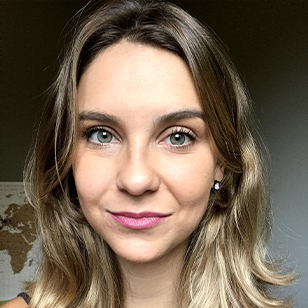
Juliana Nichterwitz Scherer
Doutora em Ciências Médicas: Psiquiatria JULIANASCHERER@unisinos.brProfa. Juliana Scherer has a bachelor's degree in Biomedical Sciences (UFRGS), with a minor in Public Health and Toxicology. She specializes in Health Care Networks (FIOCRUZ) and Aesthetic Biomedicine (NEPUGA). She holds a PhD in Psychiatry and Behavioral Sciences (UFRGS), currently doing her postdoctoral studies in the same field. She is a permanent professor in the Postgraduate Program in Collective Health at UNISINOS, having an interest in the following areas of research and innovation: evaluation of epidemiological health indicators, development and evaluation of health technologies, mental health and addictive disorders, evaluation of biomarkers in pathologies, and traffic safety.

Juvenal Soares Dias Da Costa
Doutor em Medicina: Ciências Médicas jcosta@unisinos.brGraduated in Medicine (UFPEL, 1983), Residency in Preventive and Social Medicine (ENSP / FIOCRUZ, 1985), Specialization in Epidemiology (ENSP / FIOCRUZ, 1988), Master in Epidemiology (UFPEL, 1993), Doctorate in Medical Sciences (UFRGS, 2002). Full Professor of the Postgraduate Program in Collective Health at UNISINOS. Researcher at CNPQ - 1D, works in preventive medicine, primary health care, cross-sectional studies.

Marcos Pascoal Pattussi
Doutor em Epidemiologia e Saude Bucal Coletiva mppattussi@unisinos.brDegree in Dental Surgery from the Universidade de Passo Fundo, Master of Science in Dental Public Health from the University College London (UCL), PhD in Epidemiology from UCL and visiting scientist at Harvard School of Public Health. Currently Full Professor at the University of Vale do Rio dos Sinos working in the Graduate Programs of Public Health and of Nursing. The main research areas include epidemiology and public health.

Maria Letícia Rodrigues Ikeda
Doutora em Ciências da Saúde: Cardiologia e Ciências Cardiovasculares mikeda@unisinos.brExperience in the area of Medicine, with emphasis on assistance and research in infectious diseases, HIV / AIDS, STDs and tuberculosis, public health and management. Specialization in Public Health by the National School of Public Health (ENSP) and in Preceptorship for Medical Residency in SUS, PhD in the Postgraduate Program in Health Sciences - Cardiology and Cardiovascular Sciences at UFRGS. He works in the Postgraduate Program in Collective Health and leads the research group - NEATS (Center for Advanced Studies in Health Technologies)
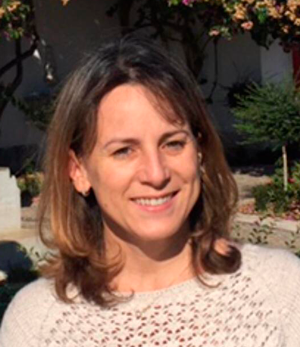
Patricia Treviso
Doutora em Ciências da Saúde ptreviso@unisinos.brDoctorate and Master's degree in Health Sciences (PUCRS). Graduation in Nursing (UFRGS). Specialization in Surgical Nursing (ULBRA), MBA in Business Management (IBGEN), Master International in Donation and Organ Transplantation, Tejidos y Células (ONT, Spain), MBA in Higher Education Management at UCS. Member of the Study Group on Donation and Transplantation of Organs and Tissues (UNIFESP). Member of the Group of Studies and Research in Nursing Care (GEPECEN - UNISINOS). Member of the Nursing Department of ABTO (Brazilian Association of Organ Transplantation). Member of the Editorial Board of SOBECC (Brazilian Nursing Society in Surgical Center, Post-Anesthetic Recovery Room and Materials Center). Member of The Association of periOperative Registered Nurses (AORN). He has experience in the areas of perioperative nursing, donation and transplantation and in the area of ??education.
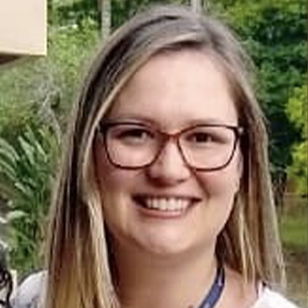
Rafaela Schaefer
Doutora em Enfermagem rafaschaefer@unisinos.brGraduated in Nursing and Master in Public Health by University of Vale do Rio dos Sinos, PhD in Nursing by Portuguese Catholic University with a Double Degree from the University of São Paulo. She conducts research in the field of nursing and public health, mainly on topics related to ethical issues in work processes, such as organizational ethical climate and moral distress, with expertise in qualitative research and construction, validation and application of scales.
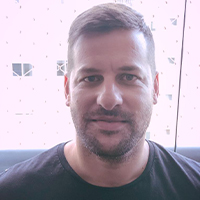
Thiago Dipp
Doutor em Ciências da Saúde thiagodipp@unisinos.brPhysiotherapist graduated at Cruz Alta University (UNICRUZ), Master in Health Sciences from the Postgraduate Program in Health Sciences of the Institute of Cardiology of Rio Grande do Sul - University Foundation of Cardiology (IC / FUC - 2010). PhD in Health Sciences by the Postgraduate Program in Health Sciences at the Federal University of Health Sciences of Porto Alegre (UFCSPA - 2015). Clinical experience and researcher in Cardiorespiratory and Metabolic Rehabilitation & Quality of Life in chronic diseases and in Public Health. The topics that is currently researching are related to Primary Health Care, physical rehabilitation in patients recovered from COVID-19, sarcopenia, aging process, risk of falls in the elderly, vascular function, cardiovascular autonomic control and kinesiological ultrasound and training of the physiotherapist.

Vera Maria Vieira Paniz
Doutora em Epidemiologia vpaniz@unisinos.brGraduated in Pharmacy and Biochemistry with specialization in Clinical Analysis from the Catholic University of Pelotas, master's and doctorate in Epidemiology from the Federal University of Pelotas. Assistant Professor of the Graduate Program in Collective Health at the University of Vale do Rio dos Sinos. Member of the Abrasco Epidemiology Committee and guest editor of Frontiers in Pharmacology. He has experience in research and teaching in the field of Epidemiology, with an emphasis on Pharmacoepidemiology and Public Health. Recent publications address health conditions of the population, Multimorbidity, Potentially Inappropriate Medicines for the Elderly.




